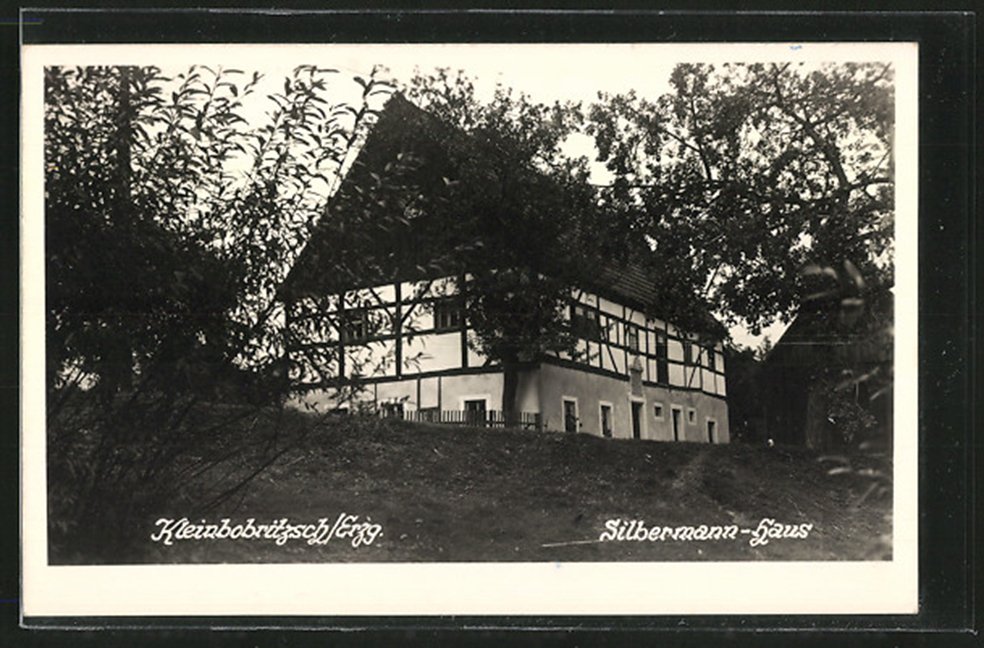Life and Work
Organ Builder, Businessman, Master Teacher
Little is known about the private life of Gottfried Silbermann (1683 – 1753). Not even a portrait remains. It is undisputed, however, that Gottfried Silbermann is considered one of the most eminent German organ building masters — and rightfully so. His life and work are closely linked to the evolution of musical culture in the Baroque period. His organs, the true queens of instruments, can still be found in many churches in Central Germany today. Silbermann’s organ building school shaped the entire art of organ building and impacted subsequent periods: The overall construction, the intricacies and the clarity of the sound make the organs unique and unrivalled right up to the present day. High-quality materials and excellent workmanship ensured that the organs would remain in operation for a long time. The great organ in the Freiberg Cathedral, for example, remains virtually unchanged to this day. In addition to his famous organs, Gottfried Silbermann also constructed over 200 stringed keyboard instruments, including harpsichords, clavichords and fortepianos.

Gottfried Silbermann’s birthplace in Kleinbobritzsch.
Gottfried was born in the village of Kleinbobritzsch in the Ore Mountains on 14th January 1683 as the youngest son of Michael Silbermann, a carpenter. At the end of 1685, the family moved from the house of his birth — which still exists today — to the nearby town of Frauenstein. As a result of his father’s trade, he was familiar with woodworking as a young boy. Gottfried felt, in his own words, a “particular inclination towards organ building” even at an early age.
In 1701/02, he followed his brother Andreas, who was five years older, to Strasbourg and was trained by him as an organ builder. After completing his apprenticeship, after several years of cooperation between the brothers and after Gottfried had worked as an organ and harpsichord builder in France, he returned to Saxony in 1710. He first crafted a small organ for his hometown of Frauenstein and, with the advocacy of Johann Kuhnau, Thomaskantor in Leipzig, was commissioned to build the Freiberg Cathedral organ, which he completed in 1714 and reworked in 1738.
In 1711, he moved into his new residence and workshop on the Schloßplatz in Freiberg. Thanks to the favourable trade conditions for the purchase of building materials and for cooperation with craftsmen who supplied him, Silbermann would remain in Freiberg for the rest of his days. In 1723, Frederick Augustus I awarded Silbermann the title of “Saxon court and state organ builder”. Even though he received prestigious commissions from abroad, Silbermann declined these and limited his organ building business to Saxony and regions in present-day Thuringia and Brandenburg.
By the time he fell seriously ill in 1749, 43 organs had been built in his workshop in Freiberg. The later instruments in Frankenstein and in the Dresden Cathedral were mainly produced by his craftsmen. He entrusted his former apprentice Zacharias Hildebrandt with the responsibility of overseeing construction of the Dresden organ. After Silbermann’s death on August 4, 1753, his nephew Johann Daniel became his uncle’s successor. It was not until February 1755 that the organ for the Dresden Cathedral was consecrated.
As workshop head and master craftsman, Gottfried Silbermann had a lasting influence on his apprentices and craftsmen, and thus on the entire Central German organ building industry. These builders include Zacharias Hildebrandt, Joachim Wagner and Adam Gottfried Oehme.
Important Life Dates
| 14th January 1683 | Born in the Ore Mountain village of Kleinbobritzsch – Father: Michael Silbermann – Mother: Anna Maria (nee Preußler) |
| 1685 | Family moves to the nearby town of Frauenstein |
| 1701/02 | Trains as an organ builder with his older brother Andreas in Strasbourg – works in France |
| 1710/11 | Moves back to Saxony and establishes his workshop on Freiberg’s Schloßplatz |
| 1711/14 | Builds the organ for the Freiberg Cathedral |
| 1723 | Awarded the title of ”Saxon court and state organ builder” by Frederick Augustus I |
| 1750 | Agrees with Zacharias Hildebrandt that he will manage the construction of the organ for the Dresden Cathedral |
| 4th August 1753 | Silbermann dies in Dresden |









